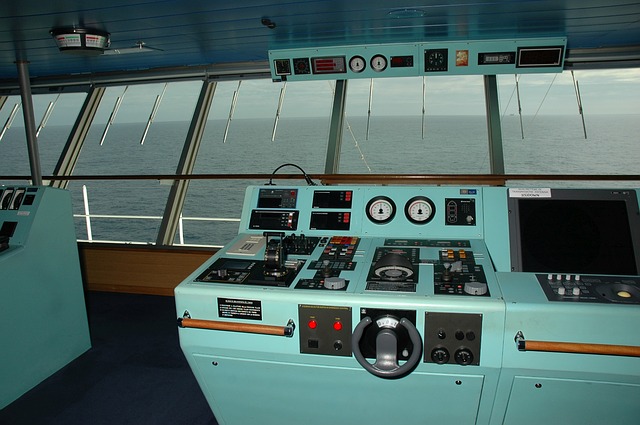
Some electronics are common to most boats, while others are made for specific purposes
The range of marine electronics is broad and all-encompassing. Depending on the kind of boat you have and what you use it for, some marine electronics may be more beneficial than others. However, it is important to know about all the different types of marine electronics to make an informed decision. Some electronics are common to most boats, while others are made for specific purposes. Here are some of the different types of marine electronics.
Chartplotter
Chartplotters are essential on all marine vessels. This type of marine electronic combines GPS data with electronic charts. These types of tools can help you identify your position, speed, and direction while sailing, as well as point out any nearby assistance or hazards to navigate around. This group of high-tech electronics can offer real-time data on the contour and depth of the water you’re sailing in. There are many navigation apps on the market that perform similar functions, but some boaters find it more useful to have a standalone GPS unit.
VHF Radio
A VHF radio is without a doubt a must-have piece of marine safety equipment you should always keep on hand. Whether inshore or offshore boating, you can never predict when you may lose communication on your cell phone. In an emergency, your VHF radio serves as your most reliable form of communication between you and local law enforcement or the U.S. Coast Guard. VHF radios are designed for use on the water, and every vessel within range will hear your call. All modern fixed-mount VHF radios also include DSC, which can send your position to every VHF within range in case of distress.
Fish Finder
Fish finders use SONAR detection to find fish in the water. This electronic device is a favorite among avid fishers. If used properly, a fish finder can help you locate even more fish. With today’s technology, fishermen can “see” below the boat and monitor fish movements, and even identify the depth and direction of fish and fish schools.
Automatic Identification Systems
There can be a significant amount of traffic on the water, and an Automatic Identification System (AIS) can help you navigate through anything. This technology automatically reports the boat’s position using GPS coordinates and can send distress signals through the emergency feature. AIS offers additional safety features such as collision alarms, anchor watch, and proximity alarms.
Marine Electric Systems, LLC is a Leader In the Maritime Industry
We here at Marine Electric Systems have over 30 years of industry experience. You can trust our team for reliable service and expert craftsmanship in the Maryland, Baltimore, Annapolis, and Baltimore city areas! We’re highly certified and adhere to all ABYC and NMEA regulations. We specialize in top-notch electrical solutions for recreational, commercial, and government boating clients. Anything from electrical refits, to navigation systems, or boating maintenance. To stay up to date on our services, follow us on Facebook, LinkedIn, Pinterest, Instagram, and YouTube. You can also contact us at 410-263-0807.
